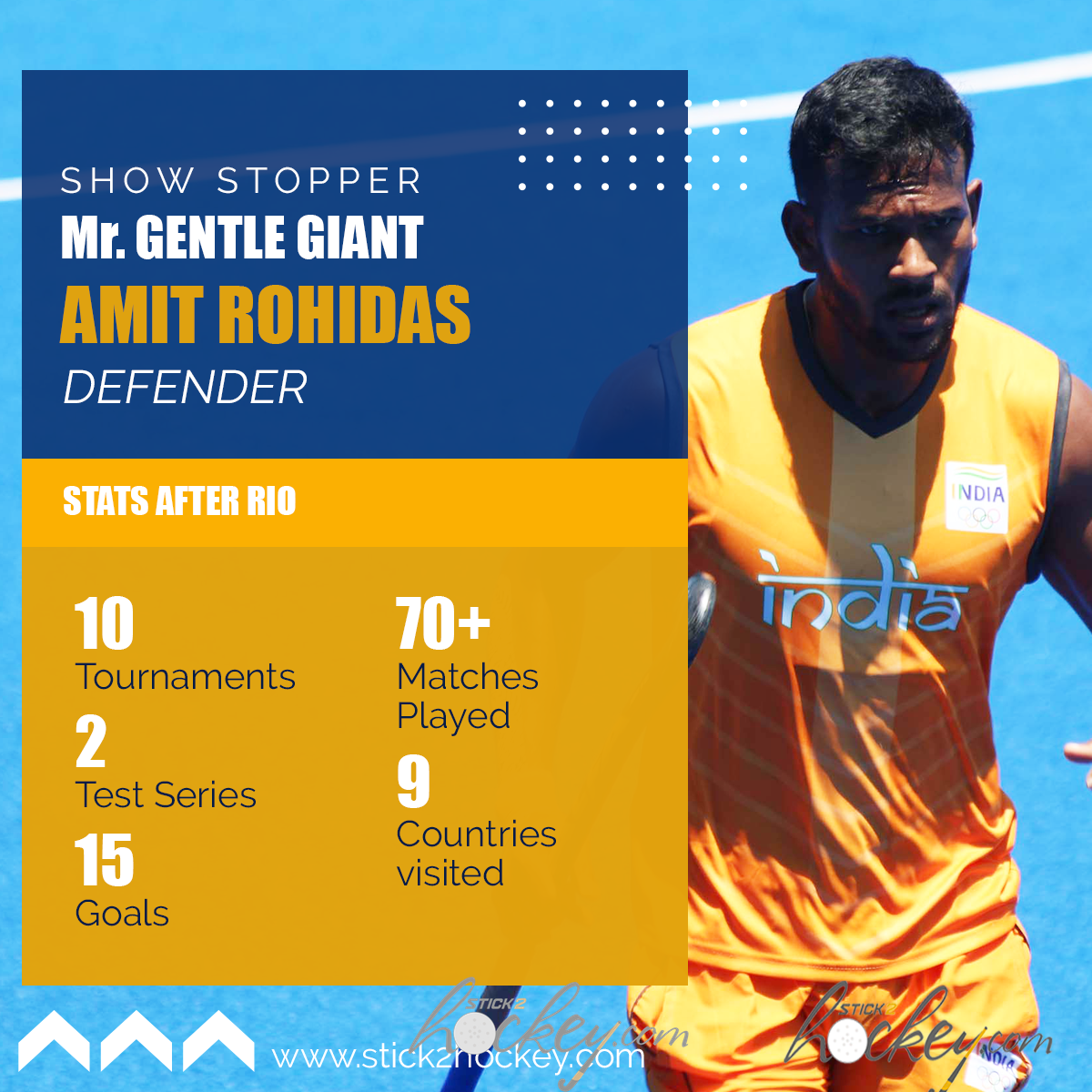K. ARUMUGAM in Tokyo
Indian hockey is surely warming the cockles of our hearts. In a remarkable turnaround, Manpreet Singh’s team has shown resilience to pick themselves from the turf after a humiliating defeat to Australia.

The 7-1 mauling, the eight-time champions worse loss in the Olympics, left the Tokyo campaign in tatters. It was even more demoralizing because India ran Australia close in recent times – even in the finals of the last two editions of the Champions Trophy. It could easily be said that Australia and India were equals. In terms of the rankings too, Australia are No. 1 and India not far behind at No.4 (which further improved to 3 as the Tokyo went on).
But the way the team overcame defeat is laudable. Coach Graham Reid, ironically an Australian, explained that much of the way the team reacts to situations isn’t the result only of halftime or Games Village pep talks but a process discussed and practiced over two years at SAI, Bengaluru, the training HQ of the team.
The way the team overcame the defeat is laudable. Coach Graham Reid says hockey is not in the half-time pep talk or what we discuss in the Games village post matches. It’s a process we were doing well over two years at SAI, Bangaluru.
And Reid, former Australia coach, is quite right. It’s not magic that has transformed the team. It’s a mindset backed by training that enabled Team India to bounce back against Spain first, Argentina after that and finally over Japan to make it a hat-trick of sorts and four wins out of five in the group stage of the Olympic competition.
End result? The morale in the Indian camp is sky-high. Just reward for overcoming well-trained outfits such as Spain and Argentina. The aftereffect was the restoration of confidence befitting India’s stature of a country ranked third in the world.

There’s still work to be done. The team has grey areas and have left much to desired when it comes to scoring field goals.
It’s clear that the Indian forwards by and large are not as sharp as expected at Tokyo. Their efforts, though, have brought plenty of penalty corners but it wouldn’t indiscreet to say that India’s front-liners have been prodigal inside the circle.
And that it’s in stark contrast to other top-ranked teams at the Olympics. And these include Belgium, Australia, Netherlands whose forwards convert half-chances into goal and are seldom shy with first-time shots at goal. Reid would do well to spark significant improvement in this facet of the game. But there are factors worth looking at. One is bench strength.
It’s not just the five other players on the bench but about the fortunate two – forward Simranjeet Singh, left out for the first two matches. He came in against Spain on Day III after warming the stands for the first two matches. Simranjeet then made his mark with quick moves up front and scored a goal, the matches first, in only his third contact with the ball. The early goal turned the tide in favour of the Indians who went on to win 3-0, a match witnessed by the FIH top brass. Quite clearly a bonus for Indian hockey’s profile.
Perhaps encouraged, Reid rested experienced defender Birendra Lakra and forward Lalit Upadhyah for the match against defending Olympic champions Argentina. Varun Kumar, a third member from the Mithapur province in Punjab joined Simranjeet in the match against Argentina.
It worked perfectly. Varun, touted as the best drag-flicker in India, got a God-sent opportunity which he grabbed with both hands. He came in at a moment when India were struggling to find goals despite established territorial dominance. Varun came, saw and solved the issue of goal shyness!
Varun posted India’s first goal in the 40th minute and it influenced the course of the match. For a player, confined to the stands since arrival in Tokyo, scoring a goal at the first penalty corner is remarkable. It certainly was Varun’s moment.
Varun Kumar
Varun’s and Simranjeet’s feats go on to prove the power of bench strength. It was the Covid situation and special rules that brought them both to Tokyo along with second goalkeeper Krishan Pathak. They have made the trip memorable for themselves and the team with vital contributions.
Victory over Argentina assured India second spot in the pool with one round still remaining before the quarterfinals. That’s a striking achievement as this hasn’t occurred for almost 40 years.
Unfortunately for India, the format has changed from the 2016 Rio Olympics which did away with the top two teams from each pool going directly to the semi-finals.
Had the old format remained, India would then be in the semifinals!
CLICK HERE FOR CAN INDIA DO IT TODAY

